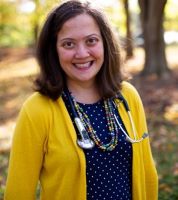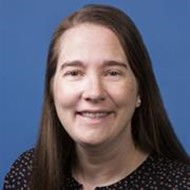Global Health Education for Pediatric Residents
In the Emory University Department of Pediatrics, we aim to ensure that all pediatric trainees receive an introduction to global child health, including the principles of public health, advocacy, equity, partnership, and clinical care of children in resource limited communities both at home and around the world. For residents who wish to have a deeper engagement in global health and are considering careers in global health, we offer a specialized track.
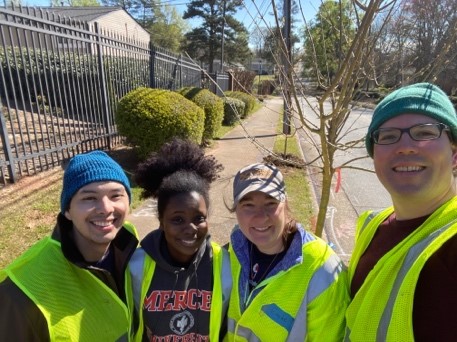
Emory Pediatrics Global Health Track
Since 2010, the Emory Pediatric Global Health Track has been training leaders in global child health! Each year we accept 3-5 residents to the Global Health Track. Residents apply in the first few months of intern year. Global Health Track residents are selected based on their commitment to global health careers, experience, and career goals. The Global Health Track is a longitudinal program that spans the three (or more for combined residents) years of residents.
Our track has four key pillars:
Global Health Education Residents as Teachers
Mentored Scholarly Activities. Global Health Electives
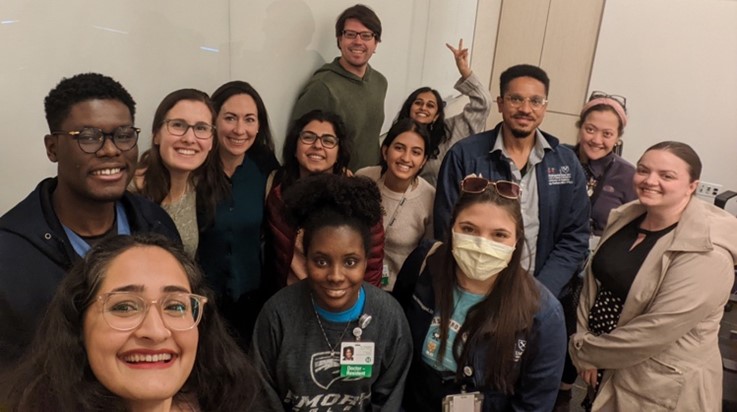
Global Health Education
Global Health Track residents have protected half-days each quarter to come together to learn the fundamentals of global child health. These sessions are designed around a topic area (e.g., Maternal and Newborn Health, Global Health Research, etc.). Activities include senior resident led journal clubs, simulation/hands-on training, didactics from Emory faculty and global health leaders from around the world. Our senior track residents also present their scholarly projects and electives. Our curriculum covers CUGH competencies, the AAP Global Health Education for Equity, Anti-Racism, Decolonization, and the SUGAR-GOALS objectives.
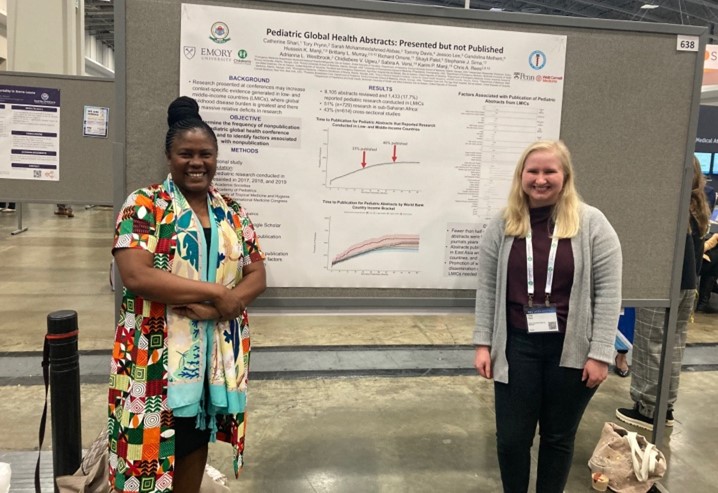
Mentored Scholarly Activities
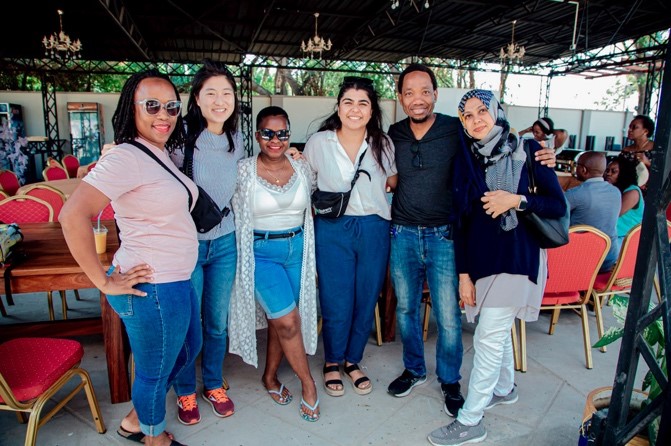
Global Health Electives
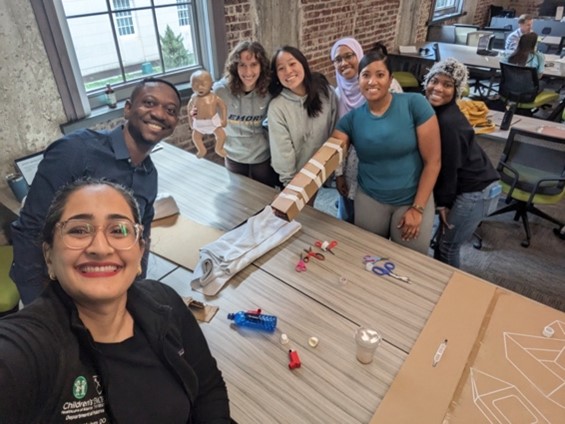
Residents As Teachers
What makes the Emory Pediatric Global Health Track different than other programs?
· Learn from Diverse Global Health Leaders: We learn not only from our Emory community and Emory partners but also from faculty associated with the CDC, The Task Force for Global Health, the Carter Center and more!
· Train in a Global City: We are seven minutes from one of the largest refugee resettlement communities in the United States, Clarkston, GA. Beyond Clarkston, Atlanta is a global city with a myriad of vibrant, diverse communities. Our trainees and faculty regularly care for our local global community clinically and partner and learn with them as part of track education and scholarly endeavors.
· Participate in Bidirectional Partnerships: Emory has a LONG history of commitment to bidirectional partnerships. This means our faculty and trainees regularly welcome global partner faculty and trainees to Emory. As a result, many track residents will have already met global partners from their global health site before their elective. We value long term relationships, and every track project will include global or community partner involvement.
· Decolonization and Inclusion: Our GHOPE leadership and wider Emory Global Health leadership are committed to decolonization of global health research and education. Emory faculty and trainees who engage in global health are required to participate in decolonization training. We also value diversity and inclusion. Our track has a proud history of reflecting the diversity of communities of Atlanta and we want to see that reflected in the future leaders of global health.
· Residents as Teachers: Our trainees have opportunities to teach medical students and their peers as part of the track. They teach in the annual GHOPE medical school course. They also plan the annual Global Health Week for the Department of Pediatrics.


